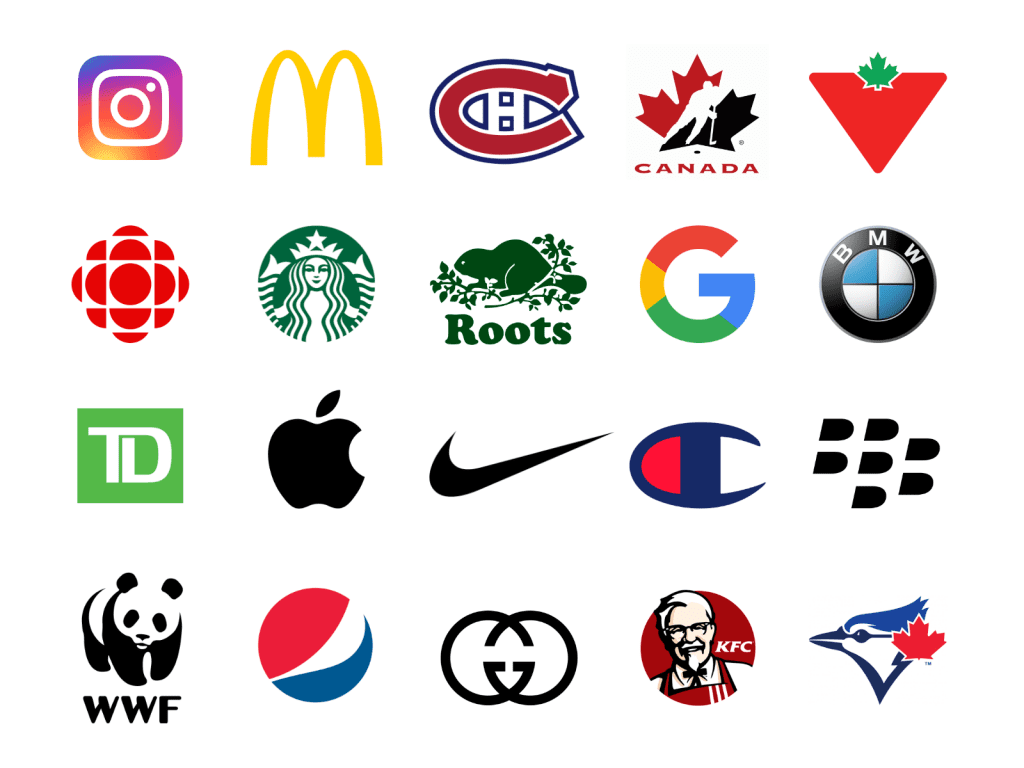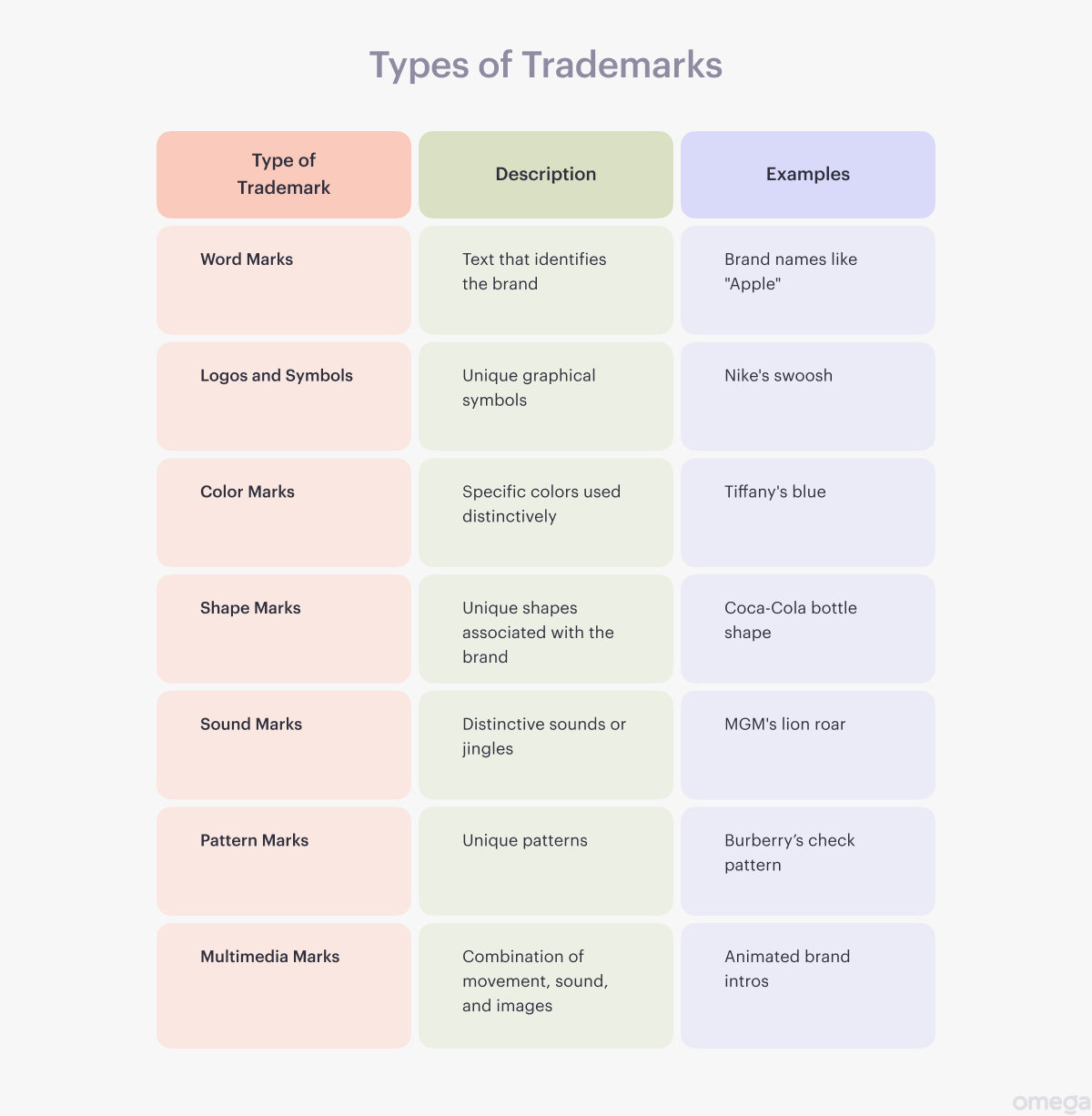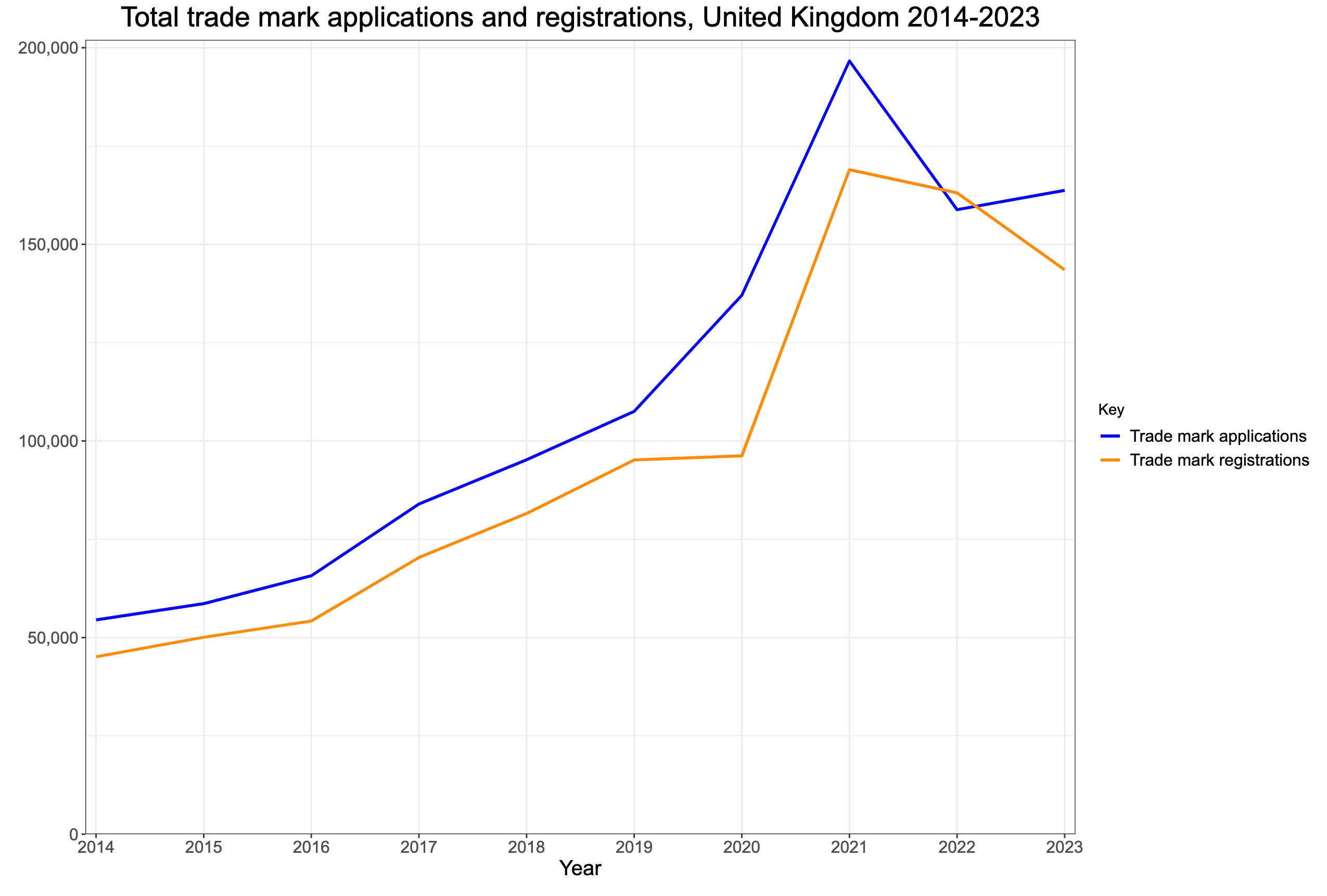Securing your brand’s identity in today’s competitive market is necessary. It is a financial strategy that protects the symbols, names, and logos that make your brand stand out. If you are a startup or an entrepreneur looking to start your international business in the United Kingdom, this post is for you.
Understanding how to register a trademark in the United Kingdom should be the first thing on your list. When you register a UK trademark, it gives your brand a competitive edge and keeps it safe from infringement or misuse. In this guide, we will discuss how to do it right, submit your application, and protect your investment.
By the end, you will be ready to take the initiative and secure your brand’s future while maximising its value.
What is a Trademark?
A trademark might be any symbol that distinguishes your brand from other vendors in the market. It also show that you’re the owner of your goods and services. Your typical marks could include words, emblems, shades, or colours.
Your trademark may also cover unique shapes, patterns, or other media specific to your brand. If you want a memorable business, it should be more than something that describes your products or services.

Why is a Trademark Important?
Through the trademark registration process in the UK and other countries, you have the sole right to use that mark for specific goods and services. By having the exclusive rights, you safeguard your reputation and keep others from using similar marks on their products. Trademarks also add credibility to your brand when you use the familiar ® symbol.
If you decide to skip registration step, you’re taking a heavy risk. Another entrepreneur could register your trademark, limit your use of it, or halt operations completely with legal battles.
What are the varieties of Trademarks?
What if you need more than names and logos? You’re in luck – you can register a variety of trademarks, such as sounds or memorable melodies. The only caveat is that they can be registered as long as they are distinctive to your brand.
Entrepreneurs have to list brand under the correct trademark category per the Nice Classification (NCL) agreement, originally established in 1957 by the World Intellectual Property Organization (WIPO). Every entrepreneur must pick the correct category that organises similar products and services.

How Do I Register a Company Name and Logo in the UK?
Before registering your company name and logo, you need to know that they are unique and you can legally protect them. You must do a trademark search on the UK Intellectual Property Office (UKIPO) website. During your search, look for any existing companies that may clash with yours.
Try to be as thorough as possible during your online search. Use the site’s search tools to view similarities based on phrases or images. Taking care of this preliminary search now could help you dodge any potential legal disputes in the future.

The number of trade mark registrations in the United Kingdom has decreased from 163,104 in 2022 to 143,513 in 2023, a decrease of 12%. – GOV.UK
Choosing Trademark Classes
It is critical to understand what class aligns with your business activities. There are 45 different classes that the Nice Classification uses to organise different businesses and the goods or services they provide. Pay extra attention to whether your company offers goods or services, as the classes are specific.
If your business sells goods, you’ll focus on classes 1-34. Companies selling services to their clients will focus on 35–45. Before choosing a trademark class, be sure that you have the correct classification for your businesses – you can’t change it later.
If you are unsure, use the search tool to confirm your classification.
Submitting Your Application
Once you have made all the hard decisions, submitting your application online becomes much easier. Many entrepreneurs may believe that the application process is confusing, but it is fairly straightforward. Go to the UK IPO website and start an application by entering your details in the online form.
Provide all the detailed information, including:
- Design Details
- Classification
- Goods or Service Terms
- Words, Phrases, or Sounds
A single trademark application cost with one classification is £170. Remember, you are not paying to list the terms in the class but the class itself. In other words, if you need to add another class, you can do so for £50 per additional classification.
Potential Problems
Once you submit your application, the organisation will publish it in the Trade Marks Journal. But don’t be mistaken; the battle isn’t over yet. Anyone can oppose your application within two months of the publication date.
While you may have to reason with the objector through legal means, it is as likely that you can navigate this phase with no issues. If no one objects to your trademark, the organisation will register your quote within two weeks.
Keeping Your Trademark Safe
Once you register a brand in the UK, it is yours, but you will have to renew it every ten years. The UKIPO understands that business owners are busy folk and allow them to renew their trademarks up to six months early or six months late.
When it is time to renew your ownership, you need to be careful, especially if you choose to renew it late. The UKIPO may be lenient at times, but you have to renew your trademark on time and explain why your application was late. Renewing your UK trademark costs £200 for the first class; if you register for any extra classes, they will cost an additional £50 each.
While renewing your ownership early is the best choice, missing the cutoff could ruin your brand. The situation gets worse: You could lose the rights to your trademark, or someone else could register and take the rights from you. But there is a solution that can keep your business on track.
Start Your International Expansion With Omega
Business owners understand that time is their most valuable asset. Omega operates under this notion and offers digital solutions for innovative entrepreneurs who want to start their company in the UK.
Don’t let the complexity of growing your business internationally hold you back. Our business-in-a-box product delivers everything entrepreneurs need to get started. With our solutions, you can register a UK company, open a global account, and more.
Contact us today for a consultation and learn how we help you expand your brand.




